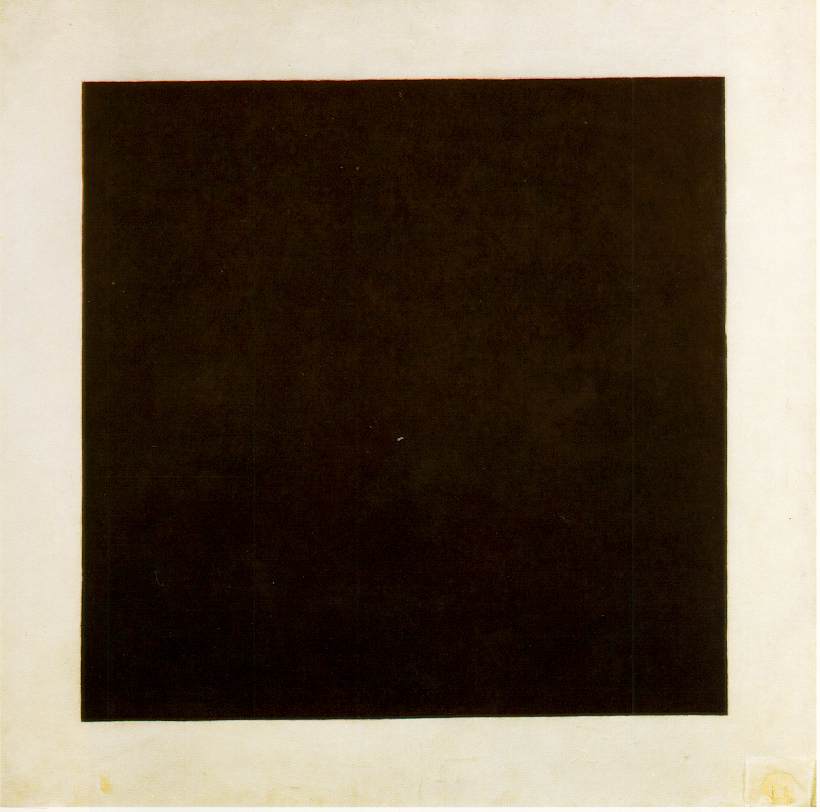This from Alex Galloway's “Black Box, Black Bloc,” which I enjoyed very much:
From the student occupations at the New School, to the political tracts circulating through the University of California, to Tiqqun and the Invisible Committee and other groups, there is a new political posture today, a new political bloc with an acute black-box profile.
The new mantra is: we have no demands. We don’t want political representation. We don’t want collective bargaining. We don’t want a seat at the table. We want to leave be, to leave being. We have no demands.
The power behind the ‘no demands’ posture is precisely that it makes no claim about power at all. Instead it seeks to upend the power circuit entirely via political nonparticipation. It would be wrong to cast this aside using the typical epithets of cynicism or nihilism, or even to explain it away using the language of state power versus terrorism, which we should remember is the language of Lenin just as much as it is the language of Bush, Obama, Sarkozy, and all the rest, for the key to this new political stance is in its subtractivism vis-à-vis the dimensions of being.
Precisely. I've been saying this for a while in a slightly different key. Earlier in the essay Galloway elaborates a differences between black boxes and functional entities: the closed and open laptop is his more-than-analogy. This is the difference between what I've been calling constructivist and object-oriented approaches in art. We could use a lot more of the latter in ecological politics.
Galloway's understanding of this is a little intuitive and working with the (I would argue) somewhat broken tools of constructivism, to try to understand these black boxes. But. I was arguing at the nonviolence conference last week in Florida that merely existing (not bare life) was the aim of the Occupy movements. Galloway ends:
To end, we shall not say that there is a new blackness. We shall not ratify the rise of the obscure and the fall of the transparent. But do not decry the reverse either. Simply withdraw from the decision to ask the question. Instead ask: what is this eternity? What is this black box – this black bloc – that fills the world with husks and hulls and camouflage and crime? Is it our enemy, or are we on the side of it? Is this just a new kind of nihilism? Not at all, it is the purest form of love.
Nice one.

1 comment:
agreed. I'm using that one. good stuff.
Post a Comment